
Frequently Asked Questions
Common Questions About Platelet Rich Plasma
What are PRP Injections?
Platelet Rich Plasma Injections are used to stimulate healing using one’s own blood components. The physician will withdraw your blood, put the blood into a centrifuge where the platelets are extracted (platelets are now known to release healing proteins known as growth factors) and then inject that solution directly into the injured site using an ultrasound guided technique to ensure proper placement. These proteins then stimulate repair and regeneration at the site, offering the patient pain relief and quicker healing rates. In most cases, 1-3 injections are required.
What Conditions are Treated with PRP?
PRP Injections can treat a number of conditions for the hip, knee, arm, shoulder, lower leg and feet. It is best to consult with your physician for a complete listing. However, below is an abbreviated list of conditions that can be treated with PRP.
- Acute muscle tears and strains
- Chronic Tendinopathies (tennis elbow, Achilles tendon, patellar tendon and rotator cuff)
- Ligament injuries (ie: medial or lateral collateral ligament—MCL/LCL)
- Osteoarthritis
How Quickly does PRP Work?
Most patients see some improvement within 2-6 weeks. The pain becomes less and less as the weeks pass with most clinical trials reporting improvement up to 6-9 months post injection.
Who is Not a Good Candidate for PRP?
Patients with severe anemia, low platelet count, abnormal platelet function, active systemic infection or those with an active cancer are not recommended to be administered PRP.
What is the Future of PRP?
As people seek out alternative options to surgery for injuries and other conditions, therapies such as PRP will become more in demand. Not only are patients excited about it but physicians are as well as it gives them more options to offer their patients. Treating patients with their own body components is revolutionary and more than likely just the beginning of these forms of treatment. Further research will occur and the use of these treatments will continue as long as they prove to be effective.
Why Use PRP Injections?
Platelet injections are an alternative to surgery. Ideal candidates would be those who prefer a less invasive option to surgery or those who are unable to undergo a surgery. It also allows for a much quicker recovery period and is much less painful than a surgery.
It is important that patients considering this therapy find a doctor with experience in these types of injections. It is more likely to have a favorable outcome if the doctor administering the injections is experienced and skilled.
How does PRP Work?
A large amount of growth factors are released at the site of injury upon injection. These platelets induce an inflammatory response to initiate healing. The platelets are able to restore tendons and ligamentous proteins as well as strengthen cartilage allowing it to become firmer and more resilient.
Is PRP Painful?
Patients usually tolerate the injection well. However, there can be soreness after the injection due to the PRP-induced inflammatory response. You can expect swelling and soreness during the first 48 hours post injection and are given pain medication to help alleviate the discomfort.
Are These Injections Safe?
Platelet injections are safe. Since you are using your body’s own blood components and there are no foreign substances being injected into your body, the injections are considered safe.
However there is some minimal risk involved. During research studies and clinical trials, the only risk noted was that the injection could cause an infection to develop. This is not unique to platelet injections, anytime a person undergoes an injection there is this risk. But because there are no foreign bodies being injected and there is no concern of disease transmission, this therapy is considered to be safe.
Using one’s own body as a healing mechanism is a relatively new concept in the world of medicine, and an exciting one at that. As therapies such as these begin to prove they are beneficial and effective, you will likely see similar therapies develop in other medical areas.
Common Questions About Stem Cells
What are stem cells?
Stem cells are immature cells that exist in everyone throughout life and have the capability of becoming more specialized cells. Stem cells exist in virtually every organ and tissue, in bone marrow, and in blood. They hold the unique potential to become any of the specialized cell types in our body. Stem cells have two main characteristics: (1) the ability to multiply or self-renew and (2) the ability to “differentiate” — to become different specialized cells.
Where do you get these stem cells?
Stem cells are isolated from three major sources: our bone marrow, our blood, and our tissues such as fat, muscle, heart, skin, etc.
Can a blood test show if stem cell therapy would benefit a heart failure patient?
We are studying the different cell populations in blood to help determine which patients may be most likely to respond to stem cell therapy. Right now we have identified stem cells that may be important and are testing them in ongoing studies.
Can one use his/her own stem cells?
Yes. Based on the best studies published to date, your own (autologous) stem cells are not only the safest but also probably the most effective stem cells at treating disorders within your own body. Outside donor stem cells (allogenic cells such as umbilical cord) have been shown to be less affective with a low but present incidence of rejection. Autologous stem cells have had NO incidence of rejection and perform better than umbilical in the limited studies comparing these therapies. For this reason, we only use your own stem cells (Autologous) at the Michigan Center for Regenerative Medicine.
Are there differences between male and female stem cells?
No. While quantity and quality of stem cells will vary from person to person based on variables such as age, genetics, and overall heath, there is no significant difference between males and females.
Avoid Surgery and Addictive Prescription Drugs
Contact the Michigan Center for Regenerative Medicine Today and Schedule Your Office Visit
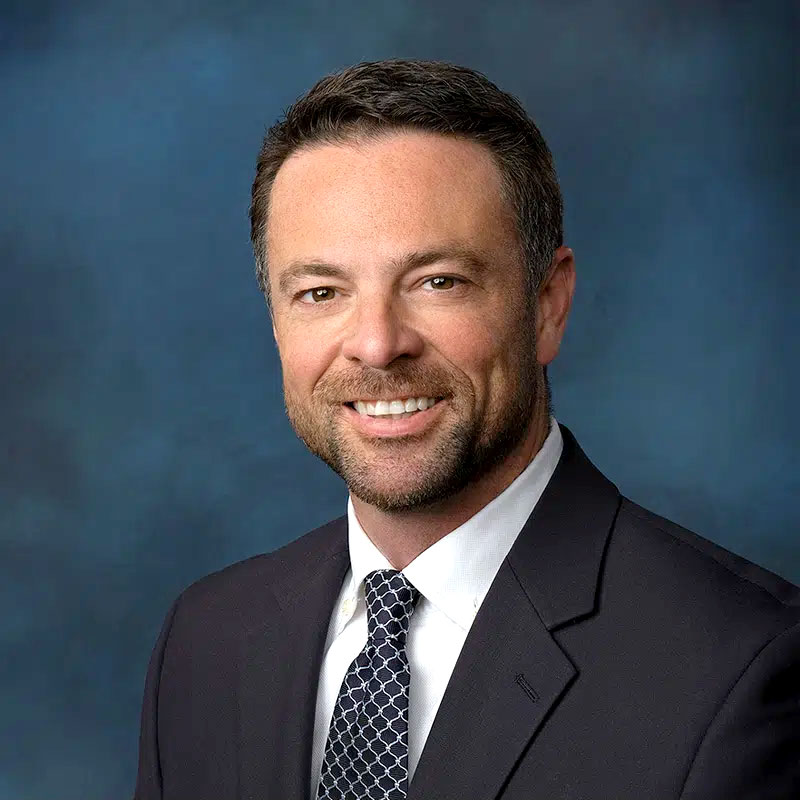
Regenerative Medicine Specialist
Thomas Nabity Jr., MD
Dr. Thomas Nabity founded the Michigan Center For Regenerative Medicine in 2017 with the vision to provide best in class regenerative medicine options for patients suffering from painful orthopedic conditions. He helps people in chronic pain who are looking to alternatives to drugs and surgery, and who want natural solutions to pain relief in order to regain the ability to do the things they love to do. Dr. Nabity has a passion for evaluating and incorporating the latest technologies with a constant focus on optimizing his patient’s outcomes. Through proper patient selection, utilizing advanced injection techniques, and incorporating the latest laboratory technologies in creating PRP and stem cell injectates, the Michigan Center for Regenerative Medicine has achieved some of the highest outcomes of any clinic in the country. (Read Full Bio)
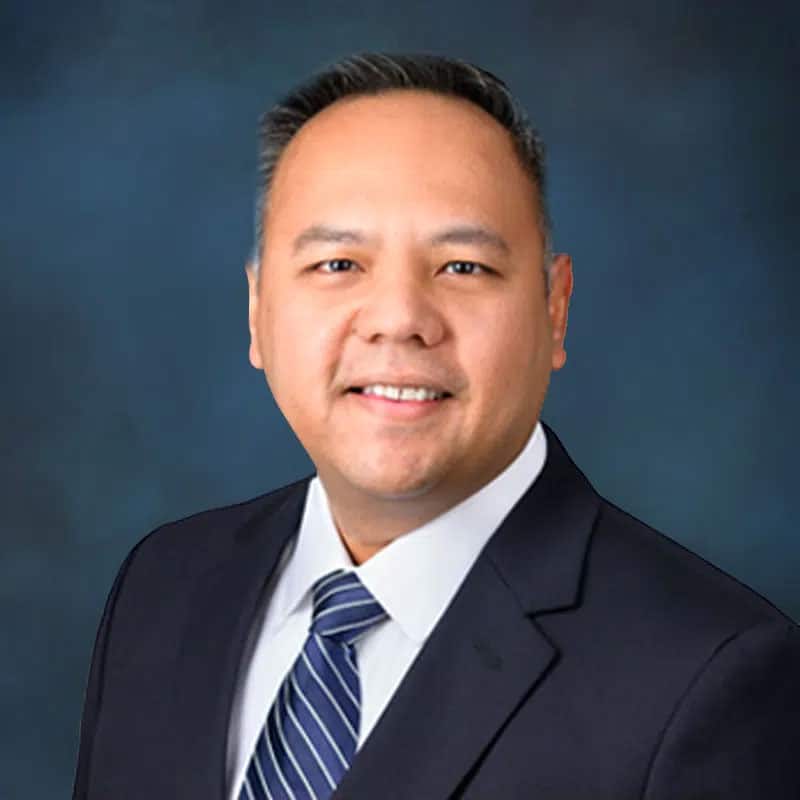
Regenerative Medicine Specialist
John Santa Ana, DO
Dr. Santa Ana is Board Certified in PM&R and Electrodiagnostic medicine. He is a physician specializing in Interventional Sports, Joints, and Spine treatments. Dr. John received his medical degree at the New York College of Osteopathic Medicine and his specialty training in PM&R at The Walter Reed Army Medical Center, Washington DC. He is a Veteran and was a physician in the US Army, treating our Nation’s heroes’ musculoskeletal conditions and getting them back in the fight. Dr. John is also experienced in EMG Testing with over 10 years of Electromyography (Read Dr. John’s Full Bio)
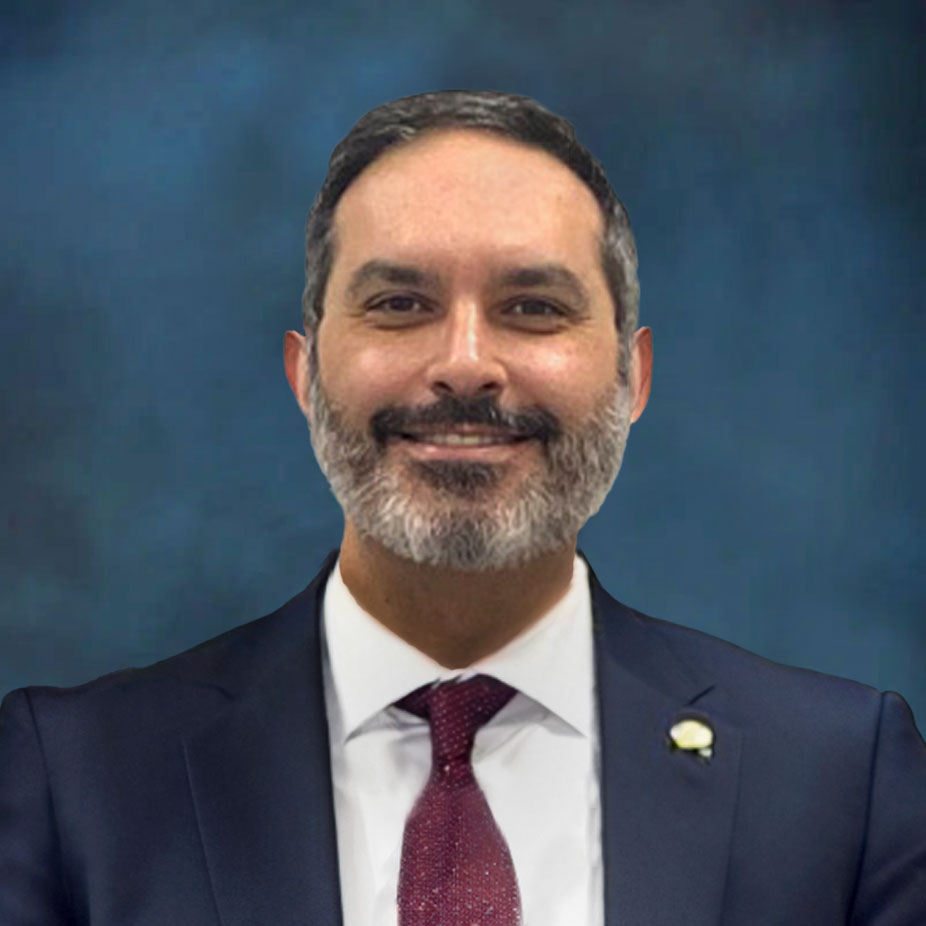
Regenerative Medicine Specialist
Robert Farhat, DO
Dr. Farhat is board certified in Physical Medicine and Rehabilitation, and Pain Medicine. Dr. Farhat has integrated Regenerative Medicine into the treatment of musculoskeletal conditions for the past several years, but has now joined Michigan Center for Regenerative Medicine in order to provide a comprehensive approach to non-surgical musculoskeletal conditions. He is considered an expert in non-surgical spine care, but treats all musculoskeletal conditions. (Read Dr. Robert’s Full Bio)
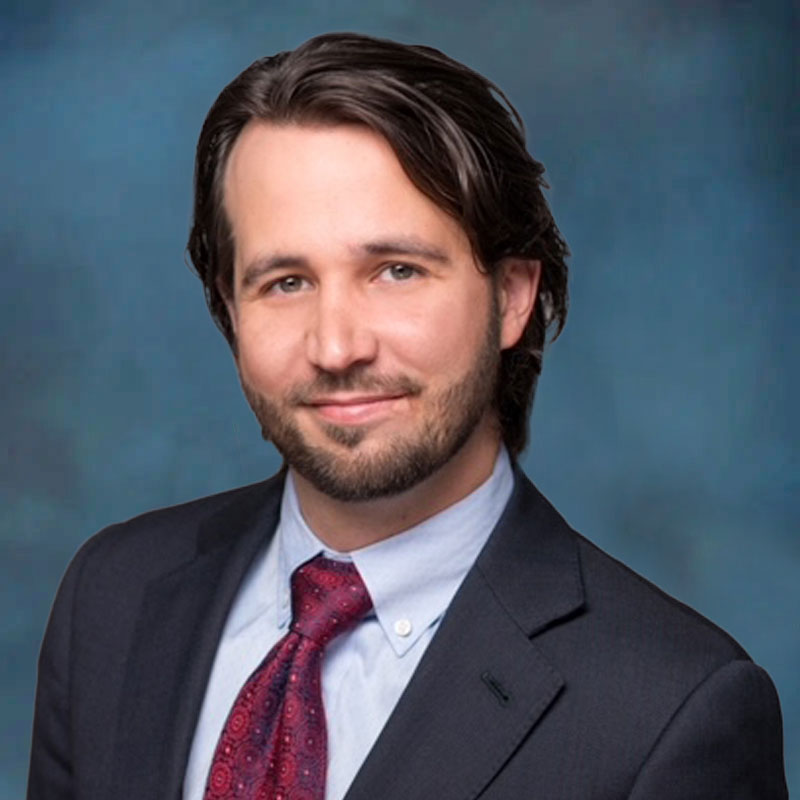
Regenerative Medicine Specialist
Kevin M. Nemeth, MD
Dr. Nemeth is a Columbia University-trained Interventional Pain Management Specialist. He is Double Board Certified in Anesthesiology and Interventional Pain Medicine. Dr. Nemeth believes in a comprehensive approach to patient care that optimizes both higher quality and longevity of life rather than simply masking symptoms. He is passionate about the burgeoning field of interventional orthobiologics and specializes in the most advanced, evidence-based therapies, such as Platelet-Rich Plasma (PRP) and Bone Marrow Aspirate Concentrate procedures (Read Full Bio)

Regenerative Medicine Specialist
John Steele, MD
Dr. Steele was raised in a military family, but calls Orlando, Florida, his home. He graduated from the Citadel in 1986 with a degree in Electrical Engineering. After watching Top Gun, he attended Air Force flight training in Lubbock, Texas, and served for 5 years. After the first Gulf War, he left the military to prepare for medical school. He graduated from the F. Edward Hebert School of Medicine in 1998 and spent a year in South Korea working in the Emergency Room. He then completed a residency in neurological surgery at the Detroit Medical Center and entered military practice. After leaving the military, he completed a fellowship in Neurovascular and skull-based surgery in Indianapolis before establishing a practice in southeast Michigan in 2020. He joined the Michigan Center of Regenerative Medicine in 2025, focusing on regenerative and aerospace medicine while continuing to perform neurosurgery.

Ashley Loane, MSN, ARNP, FNP-C
Ashley Loane is a board-certified Nurse Practitioner at MCFRM with a passion for regenerative medicine. She is highly regarded for her expertise in musculoskeletal pain treatments, aesthetics and hair restoration, pelvic floor and sexual health for women, erectile dysfunction for men, weight loss, and overall wellness optimization through hormone replacement, peptides, and IV therapies.
Treatable Conditions from the Experts at Michigan Center for Regenerative Medicine
- Muscle Pain Treatment
- Spine Pain Treatment
- Treatment For Shoulder Injuries
- PRP Treatment for Hair Restoration (New Service)
- Nerve Pain Treatment
- Chronic Pain Treatment
- Rotator Cuff Tears in The Shoulders
- AC Joint and Tendon Tears Treatment
- Ankle Pain Treatment
- Treatment For Muscular Weakness
- Arthritis Treatment
- Joint Pain Treatment
- Sciatica / Lumbar or Lumbosacral Radiculopathy Treatment
- Sacroiliac (Si) Joint Dysfunction Treatment
- Lower Back Pain and Spinal Pain
- Bone Pain Treatment
- Achilles Tendon Ruptures Treatment
- Bursitis Treatment
- Spinal Stenosis Treatment
- Chronic Inflammation Treatment
- Back Pain Treatment
- Diabetic Peripheral Neuropathy Treatment
- Foot and Ankle Injury Treatment
- Herniated Discs of The Spine
- Hip Injury Treatment
- Hip Pain Treatment
- Musculoskeletal Injury Treatment
- Treatment For Internal Derangement of Knee Cartilage
- Muscle And Tendon Sprain and Strain Treatment
- Treatment For Knee Cartilage Lesions
- Anyone Looking to Repair/Grow Tissue or Bone from Trauma, Tearing, Arthritis or Decay
- Male Erectile Regeneration (New Service)
- Female Pelvic Floor Regeneration (New Service)
- Regenerative Skin Care (New Service)
- Degenerative Disc Disease Treatment
- Musculoskeletal Pain Treatment
- Neck Pain Treatment
- Sciatica Treatment
- Knee Injury Treatment
- Neuropathy Treatment
- Osteoarthritis And Degeneration of Joints
- Other Pains Involving Bone, Joints or Tendons
- Plantar Fasciitis Treatment
- Ligament Injury Treatment
- Muscle Strains from Sports and Other Injuries
- Musculoskeletal Disorder Treatment
- Sacroiliitis / Sacroiliac Joint Pain and Dysfunction Treatment
- Sciatic Nerve Pain Treatment
- Elbow Pain Treatment
- Ligament Strains
- Shoulder Pain Treatment
- Spine Trauma Treatment
- Tendinitis Treatment
- Meniscus Tears in the Knee
- Tendon Injury Treatment
- Foot Pain Treatment
- Treatment for Tendonitis and Bursitis
- Treatment for Tennis and Golfer’s Elbow
- Tension Headache Treatment
- Torn Tendons and Ligament Treatment
- Treatment After Auto Injuries
- Lumbar Disc Herniation Treatment
- Knee Pain Treatment
- Regenerative Medication for Podiatry/Foot Doctors Looking for a Regenerative Medicine Lab in Metro Detroit tor Regrow Bone or Tissue
See What Our Patients Are Saying About Regenerative Medicine
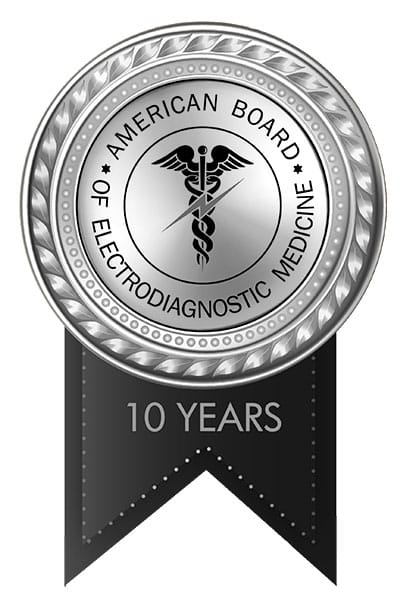
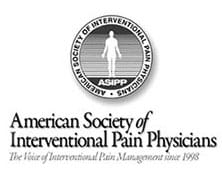
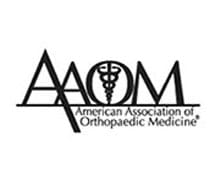
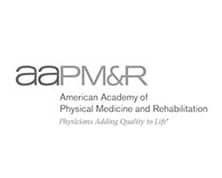
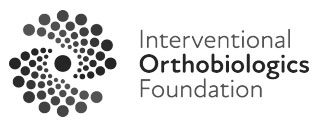
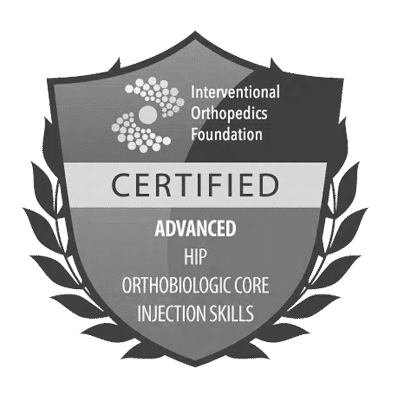
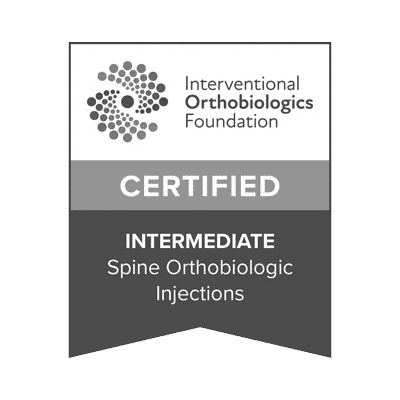
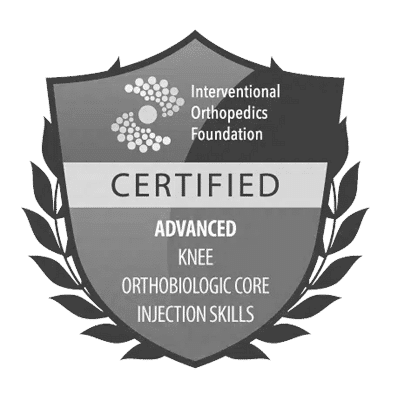
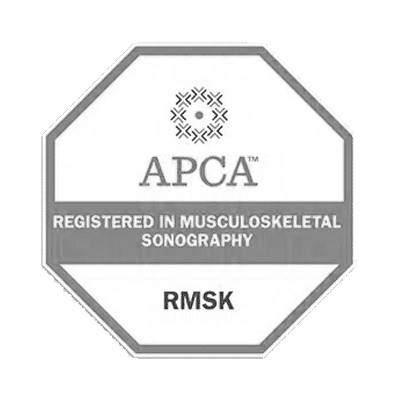
Take Advantage of New Advances in Medical Technology
Contact the Michigan Center for Regenerative Medicine Today and Schedule Your Office Visit


